
Congratulations to the 2021 Anne Bailey Prize Winner
We are happy to announce that Jonathan Jones has been awarded the Anne Bailey Prize for 2021 for his dissertation, "Opium Slavery: Veterans and Addiction in the American Civil War Era.” The selection committee was chaired by Jane E. Schultz, Indiana University-Purdue University-Indianapolis, and included Kathryn Shively, Virginia Commonwealth University, ...
Read More
Read More

“A Grand Thing”: The Rebirth of Milwaukee’s Soldiers’ Home
When the U. S. government lived up to Abraham Lincoln’s second inaugural promise to “care for him who shall have borne the battle,” it chose Milwaukee as one of the sites for the three original branches of the National Asylum (later Home) for Disabled Volunteer Soldiers (NHDVS). The first men ...
Read More
Read More
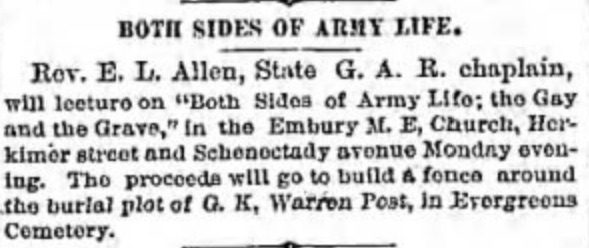
The Grave and the Gay: The Civil War on the Gilded Age Lecture Circuit
This is our final field dispatch from correspondent James Marten. We have greatly enjoyed his contributions to Muster and it has been such a pleasure having him on our team. We will be announcing his replacement in 2019, so stay tuned! For decades before and after the Civil War, thousands ...
Read More
Read More
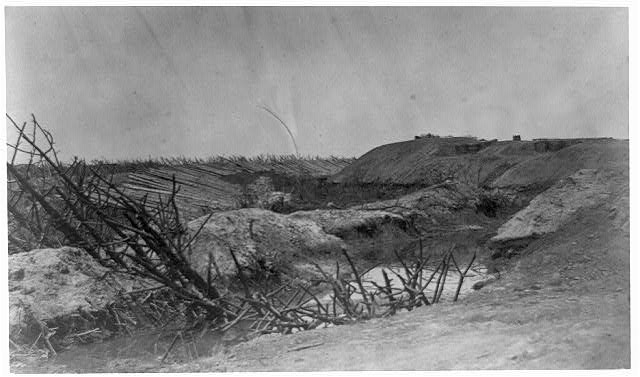
“Better men were never better led”: October 1864 and the Crisis in the Union Armies at Petersburg
In early October 1864, Gen. U. S. Grant planned a trip to Washington. He believed that 30,000 to 40,000 troops were gathered in “depots all over the North” and wanted to "see if I cannot devise means of getting [them] promptly into the field.” Although he canceled the trip, his ...
Read More
Read More
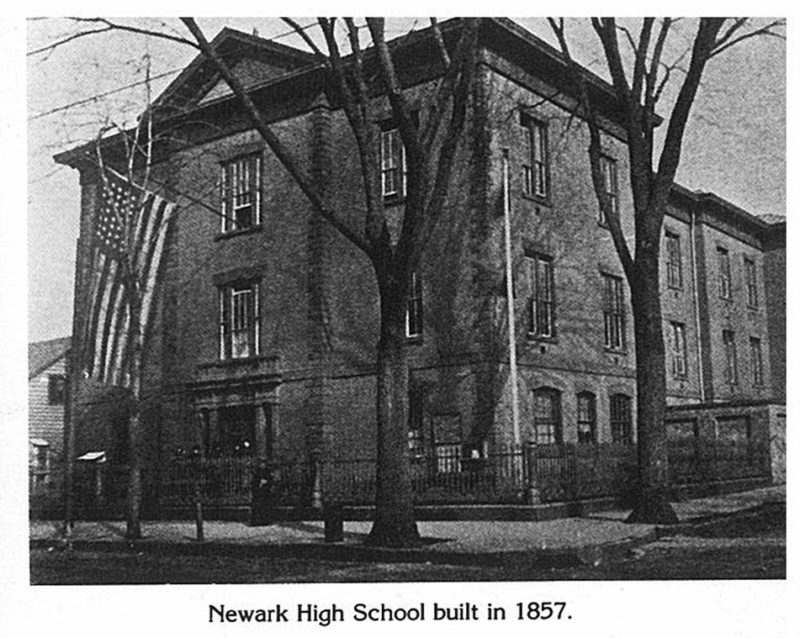
“What soldiers are for”: Jersey Boys Wait for War
A certain cohort of the baby boomer generation—boys born between the late 1940s and mid-1950s—spent their high school years wondering if they would be drawn into the Vietnam War. With older brothers, neighbors, and older friends anxiously awaiting their lottery numbers; with the nightly news and weekly news magazines providing ...
Read More
Read More
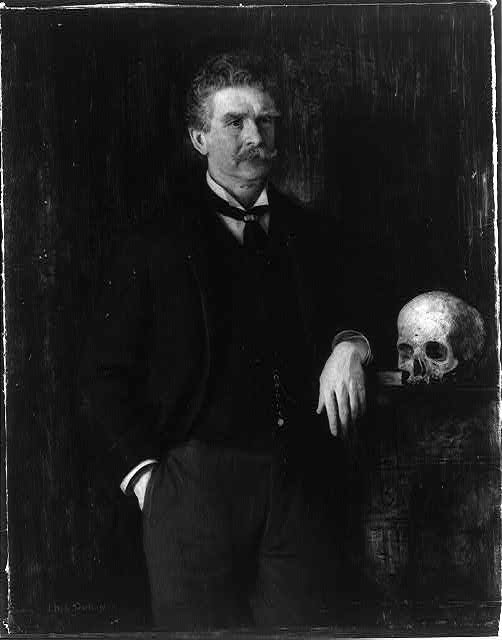
The Life He Should Have Thrown Away: Ambrose Bierce and Soldiers’ Complicity
In “Still Life: From the Notebooks of Ambrose Bierce, 1862,” twentieth-century poet R. T. Smith presents a sketch artist who, despite being surrounded by the sights and smells and sounds of the aftermath of the Battle of Shiloh, chooses to draw a still life of a peach. An “Illinois corporal” ...
Read More
Read More
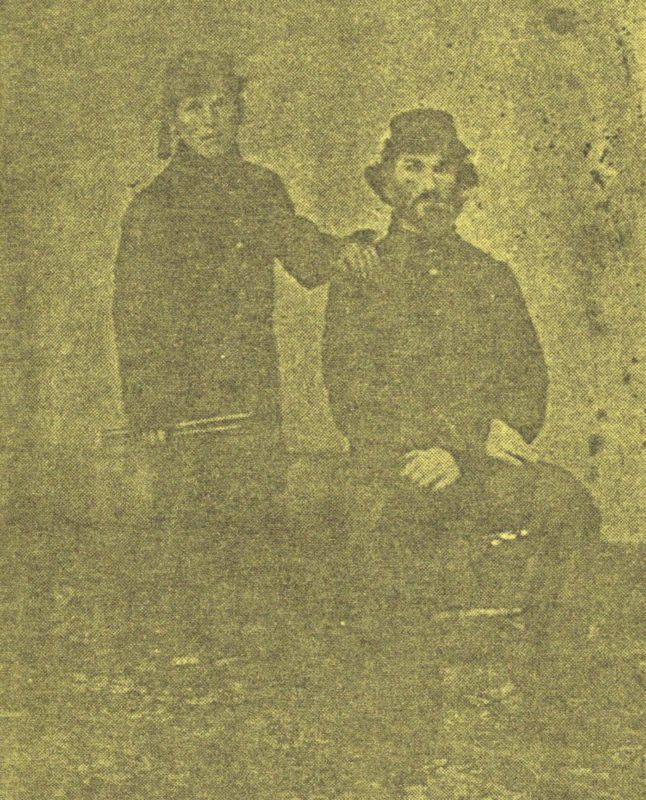
George and Alva Go to War: Fatherhood, Childhood, and the Civil War
“I am with my youngest son George compelled for the love of our Beloved country to take up arms in defense of that liberty that our for Fathers fought to establish. May Heaven grant a speedy restoration of the hapy [sic] days once enjoyed & a safe return to our ...
Read More
Read More
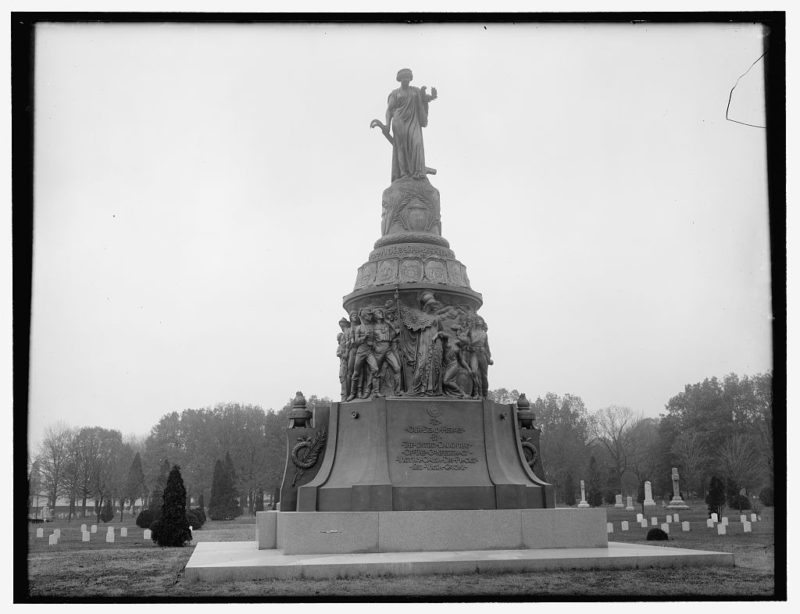
All Brave Men Are True Comrades: Union Veterans and Confederate Memorials
Today James Marten, professor of history at Marquette University, shares his first Field Dispatch. The author or editor of fifteen books, Marten was the 2010 winner of MU’s Lawrence G. Haggerty Award for Excellence in Research. Among his recent publications are America’s Corporal: James Tanner in War and Peace (Georgia, 2014) and Sing ...
Read More
Read More
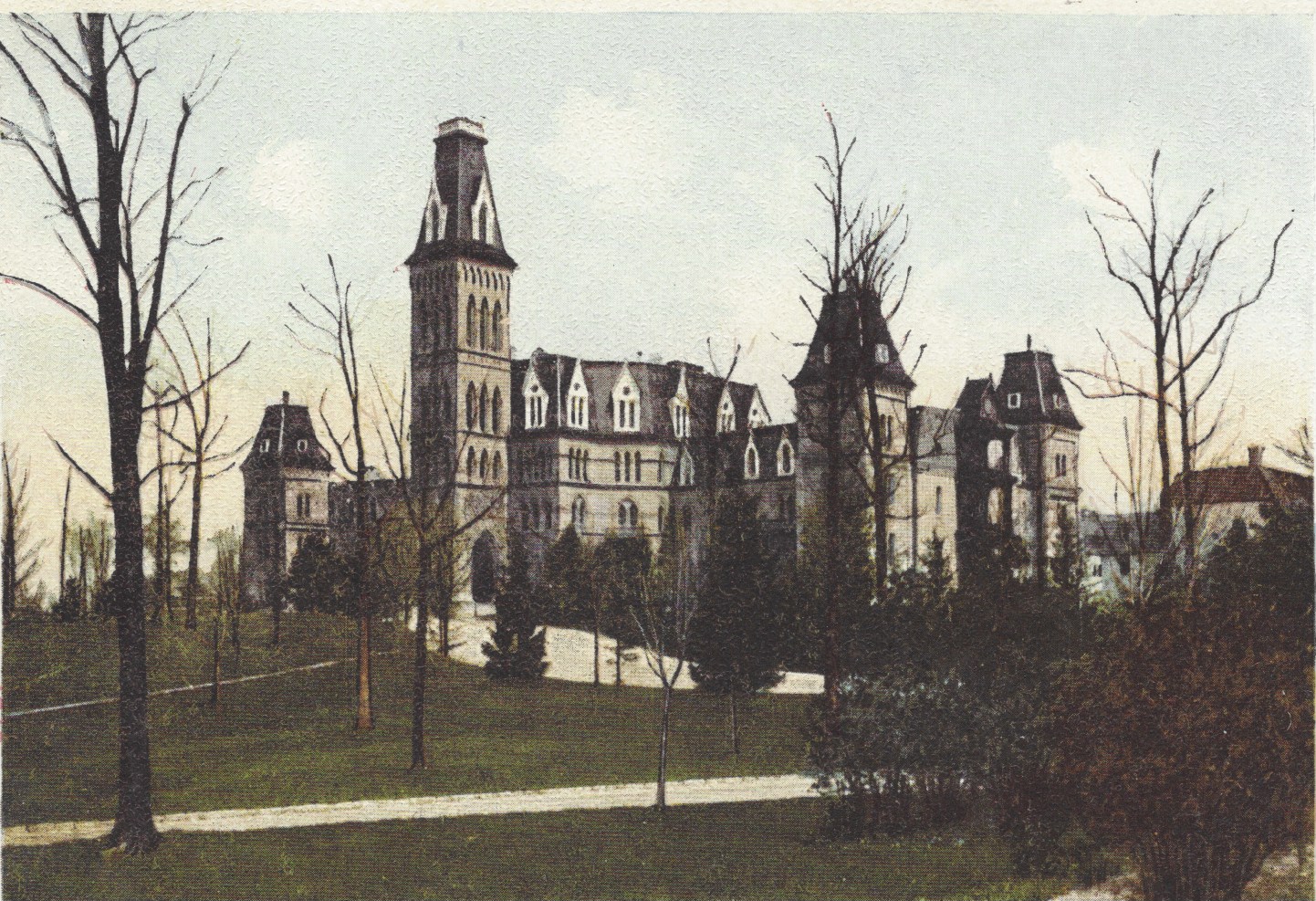
Let Us Not Forget the Living: The Complicated Lives of Union Veterans
Ambiguity shaped the lives of Civil War veterans. Publicly honored and respected, many never managed to fit back into their old lives, or to build new ones. This is a familiar story to modern Americans, of course. Although the stereotypical troubled veteran in popular culture has tended to be a victim ...
Read More
Read More
